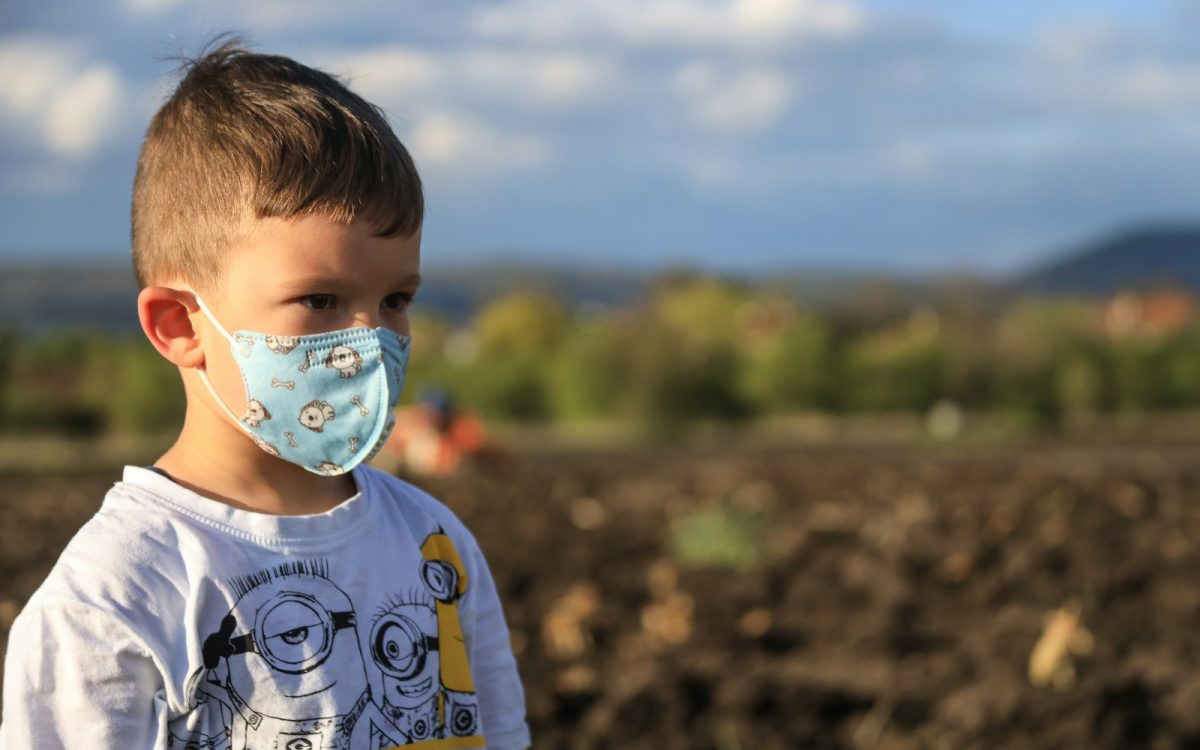How to Use Sleep for Immune Boosting
Meta Description: Discover how quality sleep can supercharge your immune system. Learn actionable strategies to use sleep for immune boosting naturally.
Sleep is more than just a nightly ritual—it’s a powerful tool your body uses to heal, recharge, and strengthen its defenses. In this comprehensive guide, we’ll explore how to use sleep for immune boosting and why getting proper rest is crucial for staying healthy. Whether you’re trying to fight off seasonal colds or enhance your overall well-being, improving your sleep could be your immunity’s secret weapon.
Why Sleep is Crucial for a Strong Immune System
Sleep plays an essential role in keeping our immune function in top shape. During sleep, your body produces and releases cytokines—a type of protein that targets inflammation and infection. These cytokines need to increase when you’re under stress or have an infection, and sleep deprivation can reduce their production, weakening your immune response.
Key Functions of Sleep on Immunity:
- Promotes T-cell activity: T-cells play a major role in fighting off pathogens. Rest enhances their function.
- Enhances cytokine production: These proteins are essential for immune signaling and inflammation control.
- Improves antibody response: Adequate sleep after vaccination aids the creation of protective antibodies.
How Sleep Quality Affects Immune Boosting
It’s not just about how long you sleep—quality matters. Poor sleep quality, such as frequent awakenings or unrestful sleep, can impair your body’s ability to fend off illness. Research shows that individuals who consistently get less than 6 hours of sleep per night are more likely to catch a cold compared to those who sleep 7–8 hours regularly.
Signs Your Sleep Quality May Be Suffering:
- Feeling groggy or unfocused during the day
- Waking up multiple times during the night
- Struggling to fall asleep within 30 minutes
- Relying heavily on naps or caffeine to stay alert
Tips to Use Sleep for Immune Boosting
If you’re wondering how to use sleep for immune boosting effectively, it starts with adopting healthy sleep habits that promote restorative rest. Here’s your step-by-step guide to sleeping your way to better immunity:
1. Stick to a Consistent Sleep Schedule
Go to bed and wake up at the same time every day, even on weekends. This reinforces your body’s natural circadian rhythm—boosting both your sleep quality and immune function.
2. Create a Sleep-Friendly Environment
Your bedroom should be a sanctuary for sleep. Consider the following:
- Temperature: Keep your room cool (around 65°F or 18°C)
- Lighting: Block out artificial light with blackout curtains or a sleep mask
- Noise: Use white noise machines or earplugs to reduce disruption
- Bedding: Invest in a comfortable mattress and breathable sheets
3. Limit Screen Time Before Bed
Blue light from phones and laptops interferes with melatonin production—a hormone essential for sleep. Try powering down devices at least one hour before bedtime.
4. Avoid Immune-Disrupting Habits
Certain habits can negatively impact both your sleep and immune system:
- Consuming caffeine or alcohol late in the day
- Skipping meals or overeating late at night
- Engaging in stressful activities before sleeping (including checking emails!)
5. Practice Relaxation Techniques
Stress is immune-suppressing and often disrupts sleep. Techniques like meditation, deep breathing, and progressive muscle relaxation can calm your mind and prepare your body for quality rest.
How Much Sleep Do You Really Need for Immune Health?
The optimal amount of sleep varies by age and lifestyle, but the general guidelines from the National Sleep Foundation are:
- Adults: 7–9 hours per night
- Teenagers: 8–10 hours per night
- Children: 9–13 hours depending on age group
However, quality also matters immensely. Someone sleeping eight hours with multiple interruptions may feel less refreshed and experience weaker immune function than someone who sleeps soundly for the same duration.
The Science Behind Sleep and Immunity
Numerous scientific studies demonstrate how improving sleep strengthens the immune system. One landmark study from UC San Francisco found that people who sleep fewer than six hours each night were more than four times as likely to catch a cold than those sleeping more than seven hours.
Additional Scientific Findings:
- Sleep loss reduces natural killer cell activity, which defends the body against viruses and tumor cells
- Chronic sleep deprivation triggers systemic inflammation, leading to long-term immune suppression
- Adequate sleep improves vaccine efficacy by strengthening antibody responses
Sleep Supplements and Natural Aids
If you’re struggling to get quality rest naturally, there are safe options that support sleep and immune health:
- Melatonin: A hormone supplement that helps regulate the sleep-wake cycle
- Magnesium: Calms the nervous system and relaxes muscles
- Valerian Root: An herbal remedy known for promoting deeper sleep
- Chamomile Tea: Soothes the body and prepares it for bed
Always consult a healthcare provider before beginning any new supplement, especially if you’re on medications or have a medical condition.
Final Thoughts: Sleep as Your Immune System’s Secret Weapon
Learning how to use sleep for immune boosting is a vital part of any health-conscious lifestyle. Prioritizing sleep isn’t a luxury—it’s a necessity for a stronger immune defense, enhanced mental clarity, and increased resilience. By making small, consistent changes to your sleep habits, you can safeguard your health and optimize your body’s natural defenses year-round.
FAQs About Sleep and Immunity
Can oversleeping weaken the immune system?
While regular oversleeping (more than 9–10 hours) may signal underlying health issues, sleeping longer occasionally does not weaken your immune system. Balance is key.
What is the best time to go to sleep for immune health?
Sleeping between 10 PM and 11 PM aligns best with your circadian rhythm and allows for adequate deep sleep cycles before waking.
Can naps improve immune function?
Yes, short power naps (20–30 minutes) can help you recover from sleep loss and slightly boost the immune system, but shouldn’t replace nighttime sleep.
If you’re looking to naturally enhance your immune system, start with better sleep. Apply these strategies tonight, and give your body the restorative edge it truly needs to stay well and thrive.





